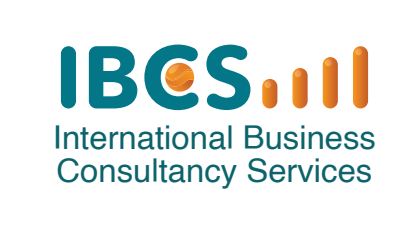


Preparing a detailed project report:
Project Summary:
Let’s kick off with a brief summary of your project. Give a clear and concise overview of what the project aims to achieve, why it’s important, and the benefits it will bring.
Introduction:
Set the stage by providing some background information about your project. Explain the context and significance of the project, highlighting the problem or need it seeks to address. Paint a picture of why this project matters.
Project Objectives:
Clearly state the specific goals you want to accomplish with your project. Ensure that your objectives are SMART: Specific, Measurable, Attainable, Relevant, and Time-bound.This will help you stay focused and track your progress effectively.
Project Scope:
Define the boundaries of your project. Clearly define the inclusions and exclusions of your project, outlining what will be encompassed and what will not be considered within its scope. By setting clear boundaries, you’ll avoid unnecessary distractions and prevent the project from expanding beyond its original scope.
Methodology:
Describe the approach and methods you’ll use to achieve your project objectives. Outline the key activities and tasks involved, and break down the work into manageable chunks. It’s also helpful to mention the project management methodology you’ll follow, such as Agile or Waterfall.
Project Deliverables:
List the tangible outcomes or deliverables your project will produce. These could be reports, software, physical products, or anything else that will be completed during the project. Clearly communicating the deliverables helps everyone understand what to expect.
Project Schedule:
Create a detailed timeline for your project, including start and end dates for each major phase or task. Visualize the schedule using tools like Gantt charts or project management software. A well-planned schedule keeps everyone on track and ensures timely completion.
Resource Requirements:
Identify the resources needed to successfully carry out your project. This includes people, equipment, materials, and any other necessary resources. Estimate the costs associated with each resource to help with budgeting and resource allocation.
Cost Estimation:
Prepare a comprehensive cost estimate for your project. Consider factors such as labor, materials, equipment, overheads, and contingency. Break down the costs in detail to understand where the budget will be allocated.
Risk Analysis:
Identify and assess potential risks and uncertainties that could affect your project. Analyze the likelihood of these risks occurring and their potential impact. Develop strategies to mitigate or manage the risks effectively. By being proactive, you can minimize project disruptions.
Stakeholder Analysis:
Identify and analyze the stakeholders involved in your project. Understand their roles, interests, and influence. This knowledge will help you tailor your communication and engagement strategies to ensure everyone is on board.
Sustainability and Environmental Impact:
Evaluate the environmental impact of your project and propose measures to reduce any negative effects. Consider sustainable practices and suggest ways to minimize the project’s carbon footprint or ecological impact.
Implementation Plan:
Present a detailed plan for executing your project. Outline the sequence of activities, responsibilities, and coordination mechanisms. Include milestones, dependencies, and critical paths to ensure a smooth implementation journey.
Monitoring and Evaluation:
Describe how you’ll monitor and evaluate the progress of your project. Define key performance indicators (KPIs) to measure success and identify areas that need improvement. Regularly assess your project’s performance and make adjustments as necessary.
Conclusion:
Summarize the main points of your project report, emphasizing its feasibility, benefits, and potential impact. Restate the objectives and the expected outcomes, leaving readers with a clear understanding of your project’s value.
Appendices:
Include any additional supporting documents, references, or relevant information that can enhance the understanding of
Call us 9749373200 for DPR preparation and consultation.
